Tyrosine Kinase
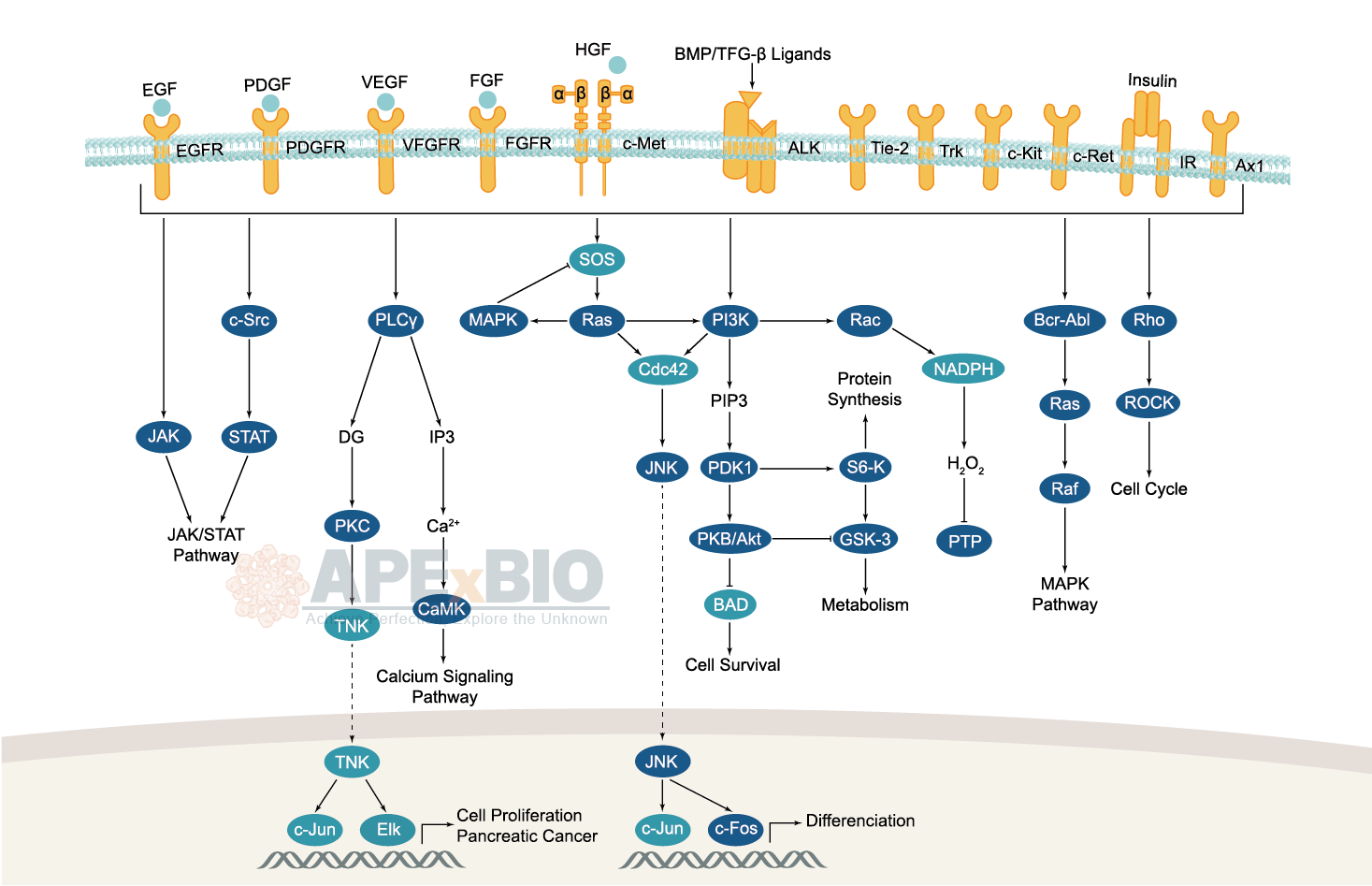

Receptor tyrosine kinases bind to extracellular ligands/growth factors, which promotes receptor dimerization and autophosphorylation of receptor tyrosine residues. This triggers a cascade of downstream events through phosphorylation of intracellular proteins that ultimately transduce the extracellular signal to the nucleus, causing changes in gene expression. Receptor tyrosine kinases include EGFR/ErbB, PDGFR, VEGFR, FGFR and MET subfamilies etc. Dysfunctions in tyrosine phosphorylation are linked to oncogenic transformation. In additions, various adaptor and effector proteins couple to carboxy-terminal of an active kinase. For instance, binding of the GRB2 adaptor protein activates EGFR and MAPK/ERK signaling.
Non-receptor tyrosine kinases involve many well-defined proteins (e.g. the Src family kinases, c-Abl, and Jak kinases) and other kinases which regulates cell growth and differentiation. For example, Src family kinases are curial for activating and inhibitory pathways in the innate immune response.
-
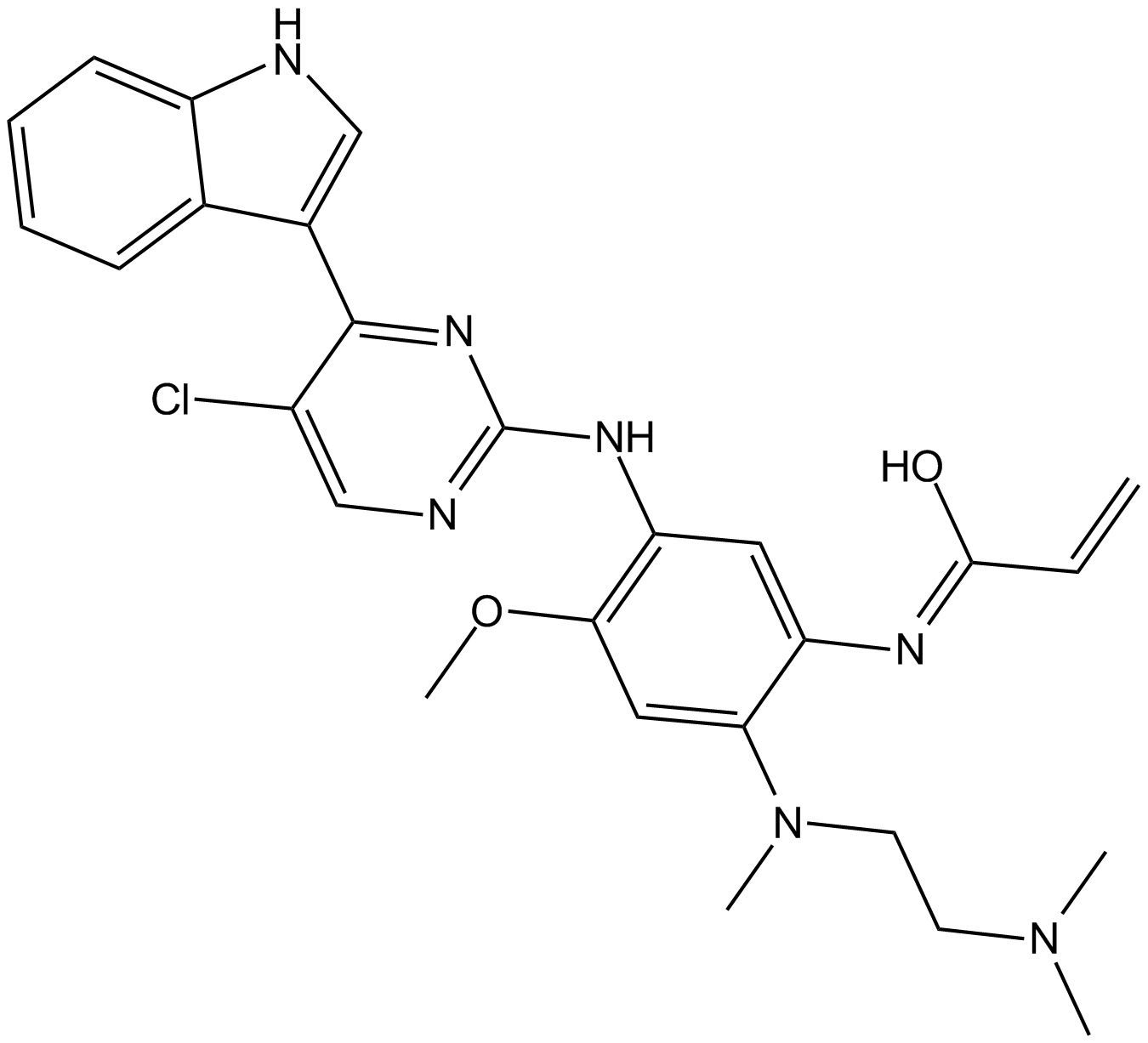 B1103 Mutant EGFR inhibitorSummary: Selective Mutated EGFR inhibitor
B1103 Mutant EGFR inhibitorSummary: Selective Mutated EGFR inhibitor -
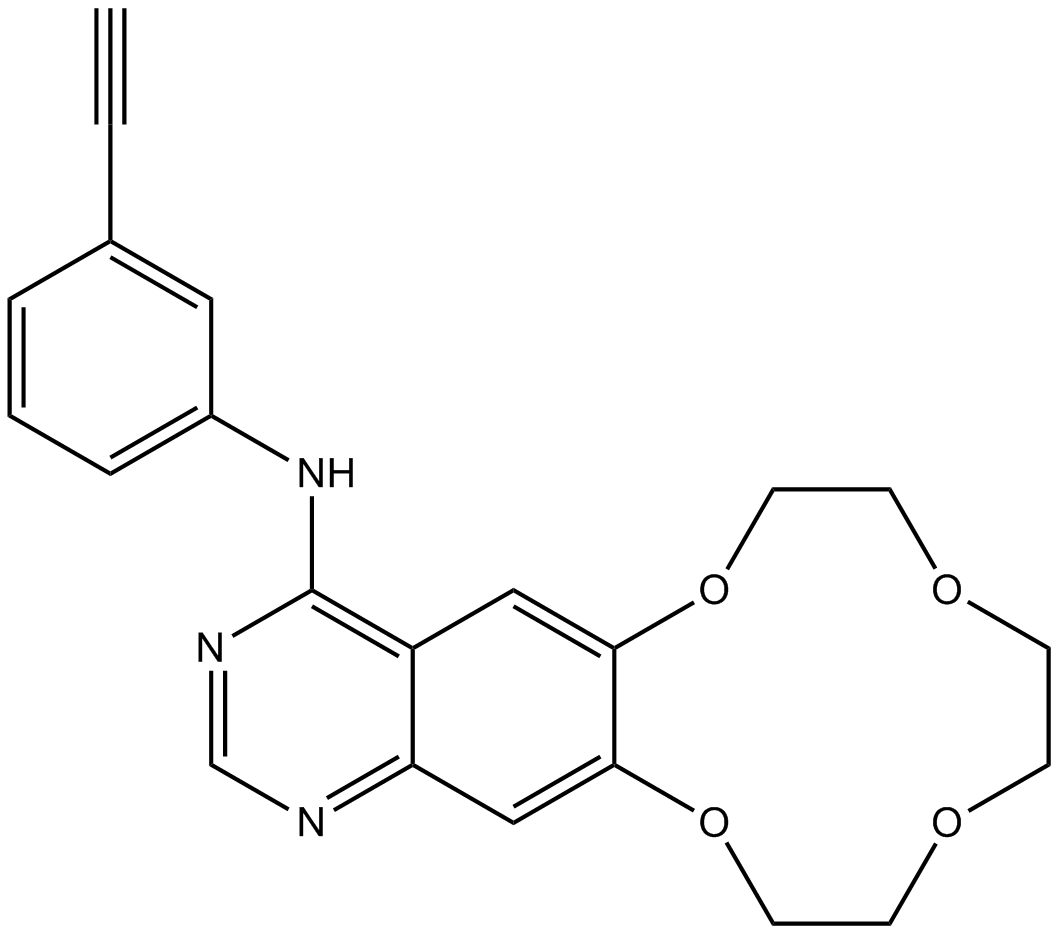 B1496 IcotinibSummary: EGFR tyrosine kinase inhibitor
B1496 IcotinibSummary: EGFR tyrosine kinase inhibitor -
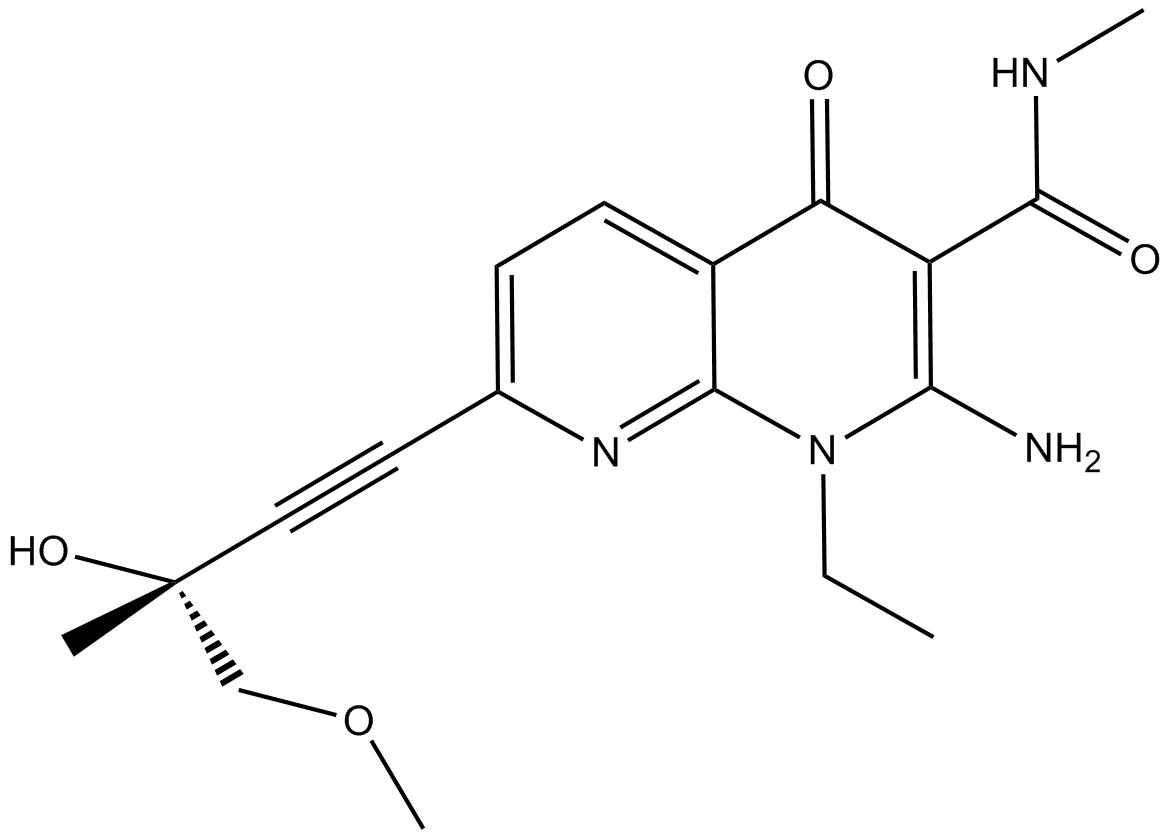 B2301 SAR131675Summary: VEGFR3 inhibitor,selective and ATP-competitve
B2301 SAR131675Summary: VEGFR3 inhibitor,selective and ATP-competitve -
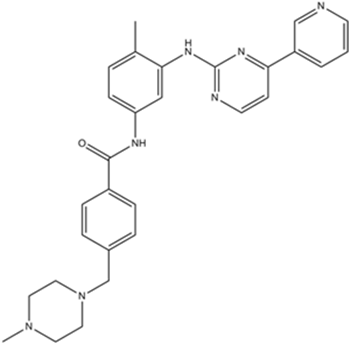 B2171 Imatinib (STI571)3 CitationTarget: PDGFR|c-Kit|Bcr-AblSummary: Protein-tyrosine kinase inhibitor
B2171 Imatinib (STI571)3 CitationTarget: PDGFR|c-Kit|Bcr-AblSummary: Protein-tyrosine kinase inhibitor -
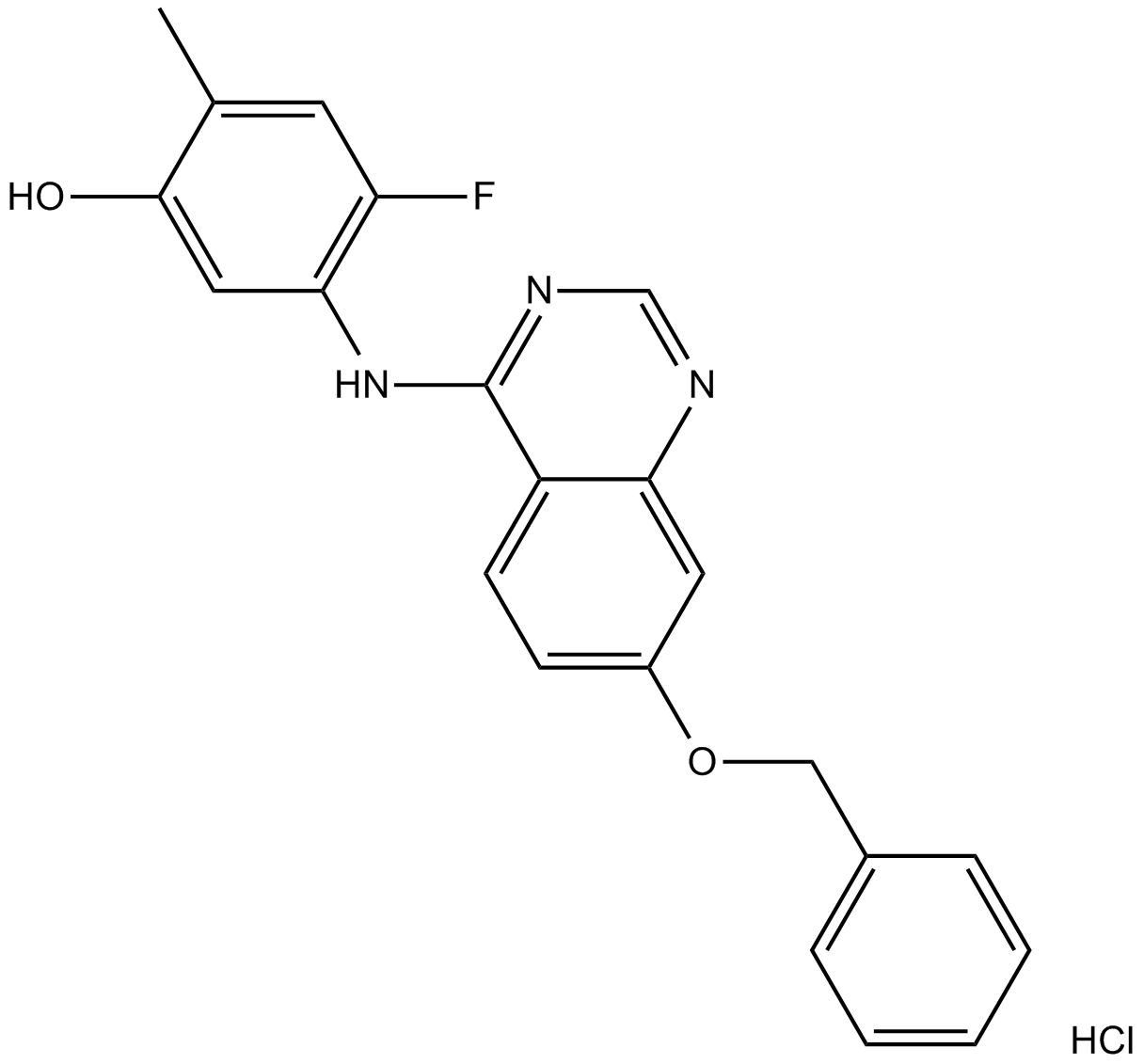 B2302 ZM 323881 HClSummary: selective VEGFR2 inhibitor
B2302 ZM 323881 HClSummary: selective VEGFR2 inhibitor -
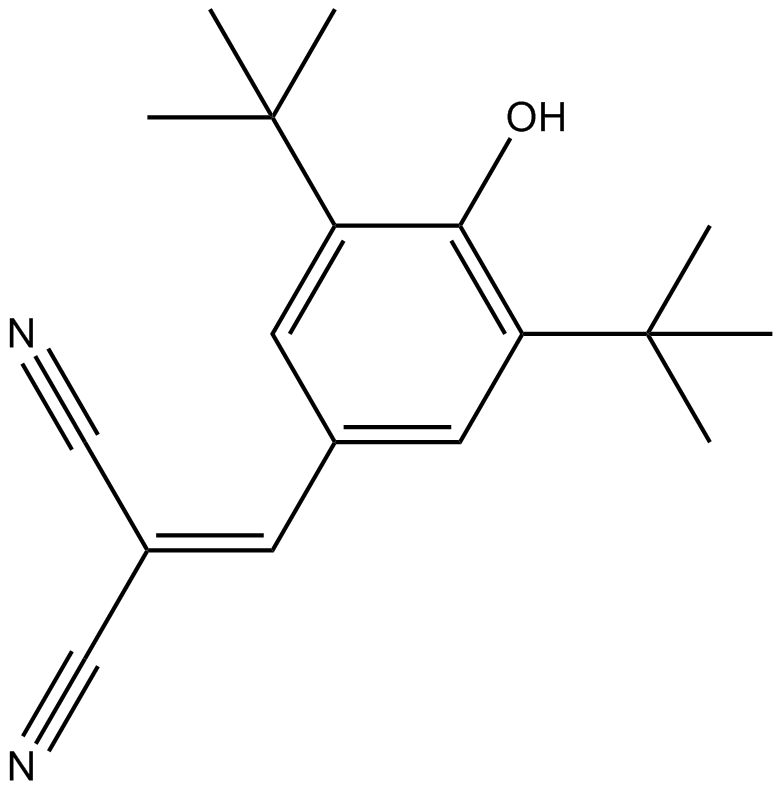 B1494 Tyrphostin 9Summary: Selective EGFR/PDGFR inhibitor
B1494 Tyrphostin 9Summary: Selective EGFR/PDGFR inhibitor -
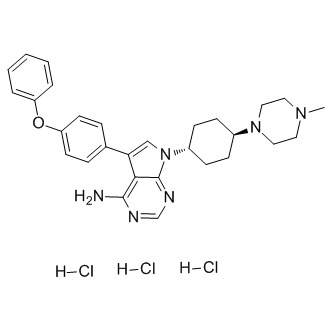 B1301 A 419259 trihydrochlorideSummary: LCK inhibitor, orally available
B1301 A 419259 trihydrochlorideSummary: LCK inhibitor, orally available -
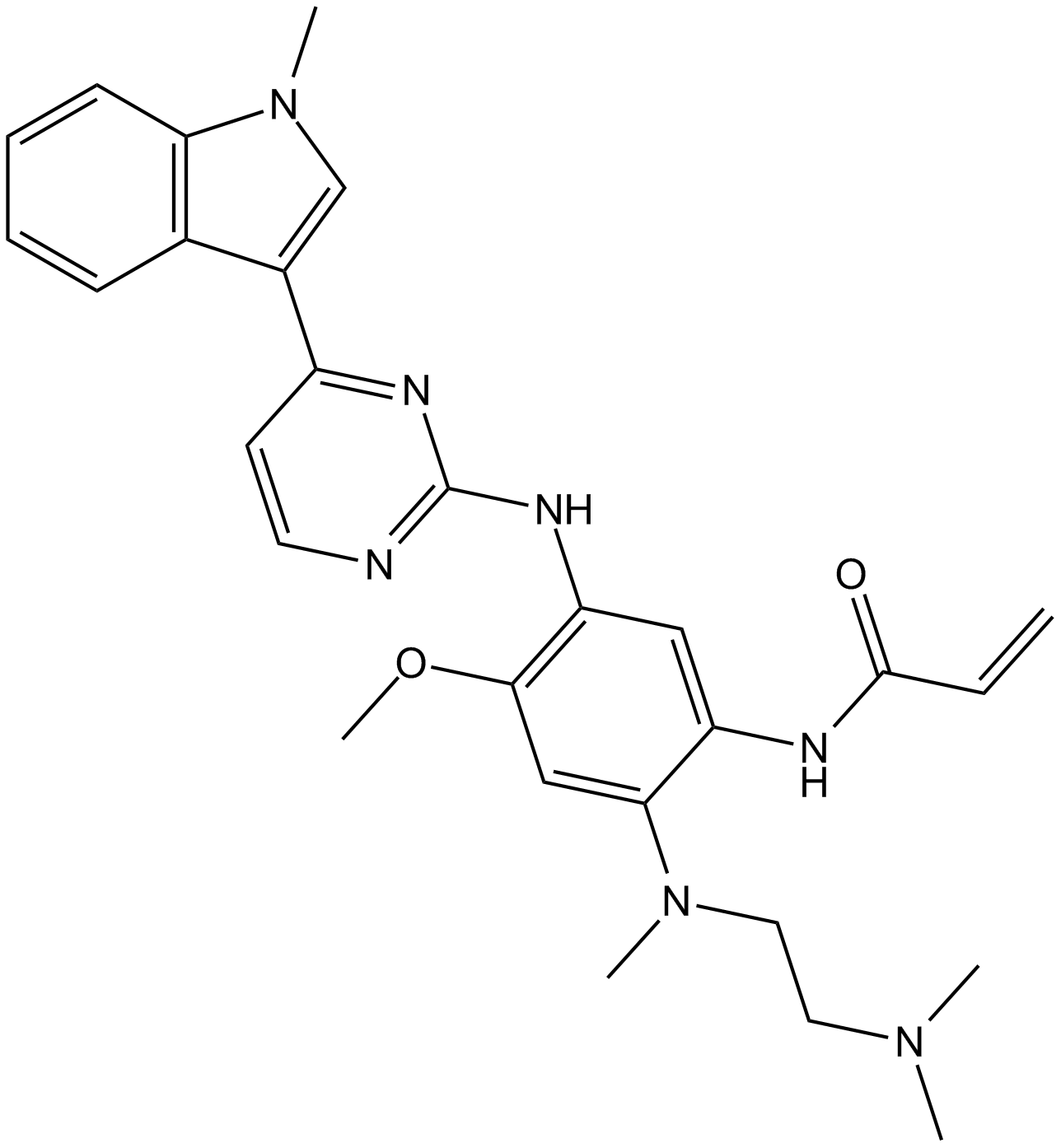 B1104 AZD-92911 CitationTarget: EGFRSummary: Mutated forms EGFR inhibitor
B1104 AZD-92911 CitationTarget: EGFRSummary: Mutated forms EGFR inhibitor -
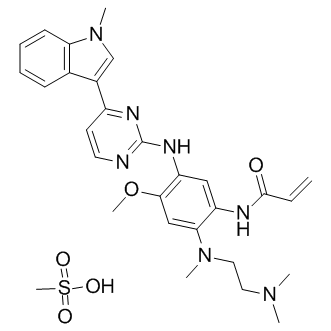 B1105 AZD-9291 mesylateSummary: third generation EGFRm inhibitor, oral and irreversible
B1105 AZD-9291 mesylateSummary: third generation EGFRm inhibitor, oral and irreversible -
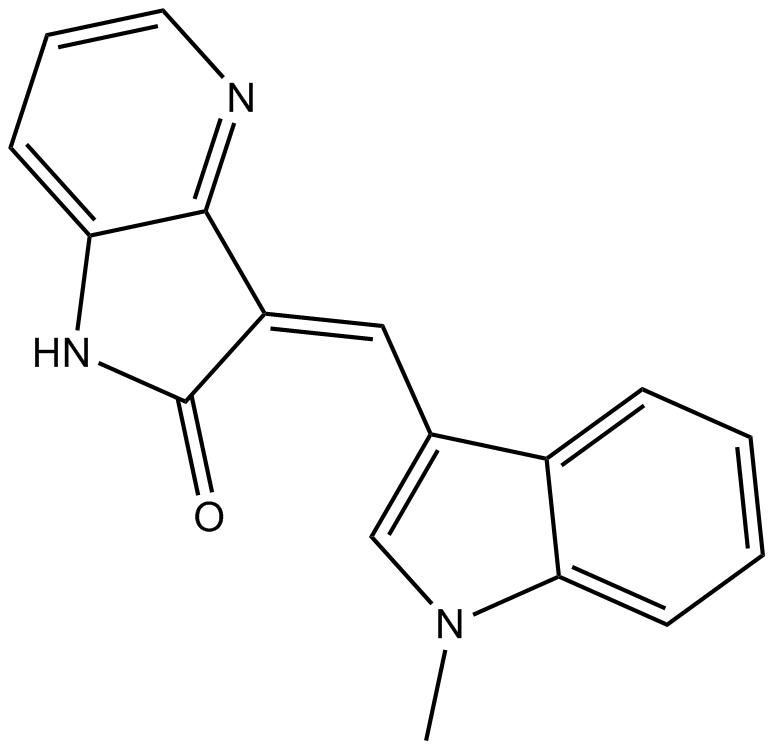 B2297 GW4417561 CitationTarget: Trk ReceptorsSummary: TrkA inhibitor,potent and selective
B2297 GW4417561 CitationTarget: Trk ReceptorsSummary: TrkA inhibitor,potent and selective


